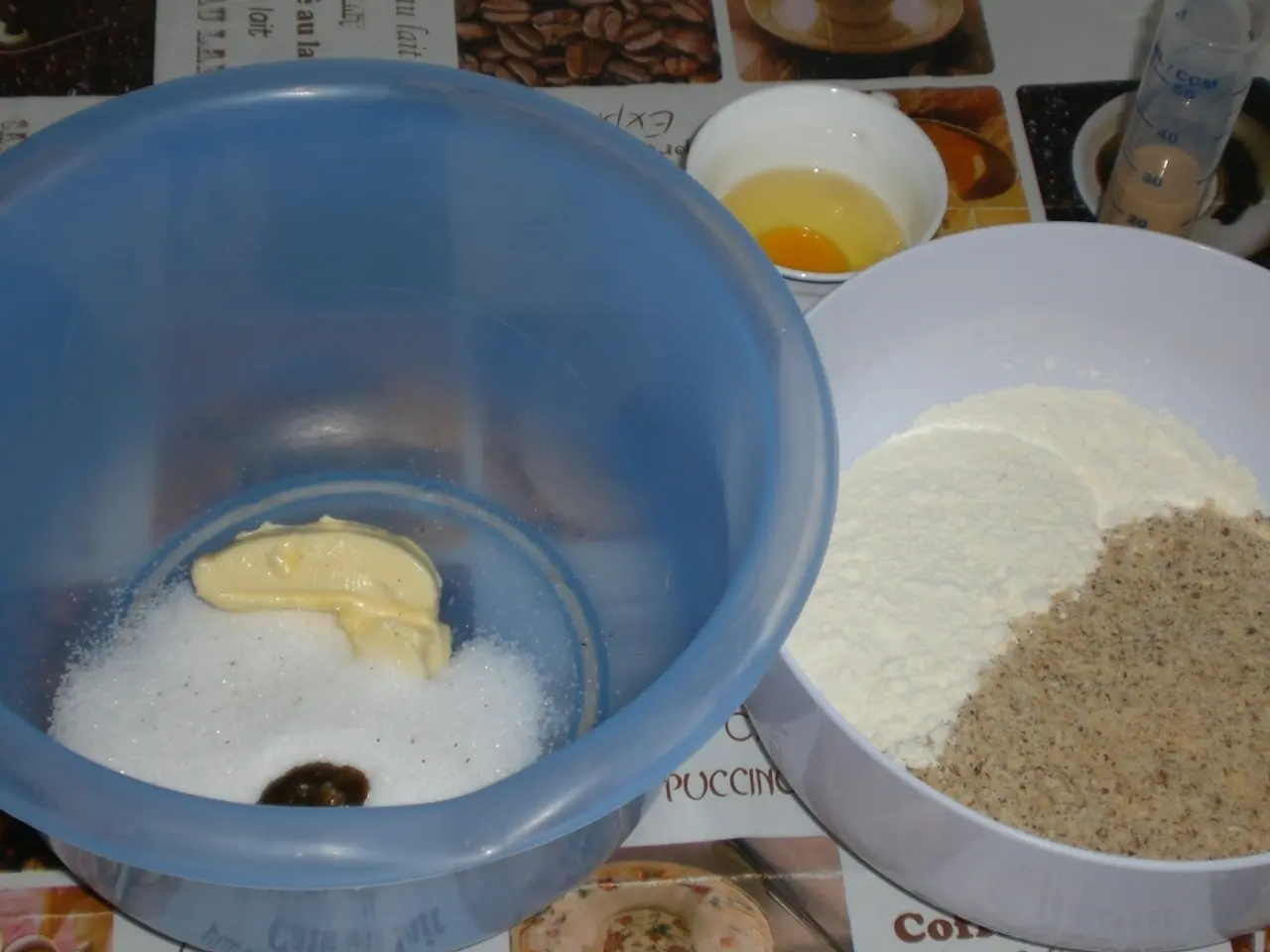Infant Colic - Understanding the Roots, Signs, and Remedies
Colic, a common condition in infants, is characterized by uncontrollable crying, often lasting for three hours or more, for three or more days in a week, and at a stretch for three or more weeks. Although the exact causes of colic are not fully understood, several contributing factors have been identified.
An immature digestive system, sensitivity to certain ingredients in formula milk, swallowing air while feeding, and general irritability or sensitivity to environmental changes are some of the factors that may lead to colic. Additionally, gastroesophageal reflux, an increased motility of intestines leading to cramps and pain, indigestion, sensitivity, ingesting gas while feeding, mother's diet and lifestyle, and an imbalance of healthy bacteria can also trigger colic.
If a baby develops diarrhea or has blood in stools, has a fever, is not feeding or gaining weight properly, vomits often, is sleepy or groggy most of the time, generally sick or may have incurred any kind of injury, immediate consultation with a doctor is recommended.
Fortunately, there are several home remedies and practices that may help alleviate colic in infants. Burping after every feed is important to relieve trapped air and prevent sharp abdominal pain in babies. Warm water baths are effective in providing relief from colic, as they relax the body and help babies sleep better.
Cumin seeds, soaked in warm water and given to the baby, can provide relief from colic. A paste of asafoetida can be applied on the baby's tummy to help with its anti-flatulent properties. Fennel seeds can be used as a home remedy to provide relief from gas and stomach ache in colicky babies.
Holy Basil, with its antispasmodic properties, can provide relief from gastrointestinal discomforts in colicky babies. A decoction of dried basil leaves can be given to the baby. Peppermint oil, known for its calming properties, can be mixed with massage oil to relieve colic.
Body massages, particularly oil massages, can aid digestion and prevent gas formation in babies, providing relief from colic. A warm compress provides relief by applying a warm cloth on the baby's tummy in circular motions.
Gentle knee bending exercises and rocking in different positions may provide comfort to a colicky baby. Offering a pacifier or singing to the baby can also soothe a colicky baby. Putting on music can be comforting to a colicky baby, creating a calming environment.
Probiotics, gas relief drops or medicine, and changing formula milk may be prescribed by a doctor to treat colic pain in infants. It's important to remember that while these remedies can help, if finding it difficult to manage, talking to your doctor about the same is always recommended.
Lastly, it's crucial to remember never to shake, jolt, or hit a baby in frustration, as such actions may lead to fatal injuries and traumas in babies. Always approach your baby with patience and care, especially during challenging times.
Read also:
- Peptide YY (PYY): Exploring its Role in Appetite Suppression, Intestinal Health, and Cognitive Links
- Toddler Health: Rotavirus Signs, Origins, and Potential Complications
- Digestive issues and heart discomfort: Root causes and associated health conditions
- House Infernos: Deadly Hazards Surpassing the Flames








